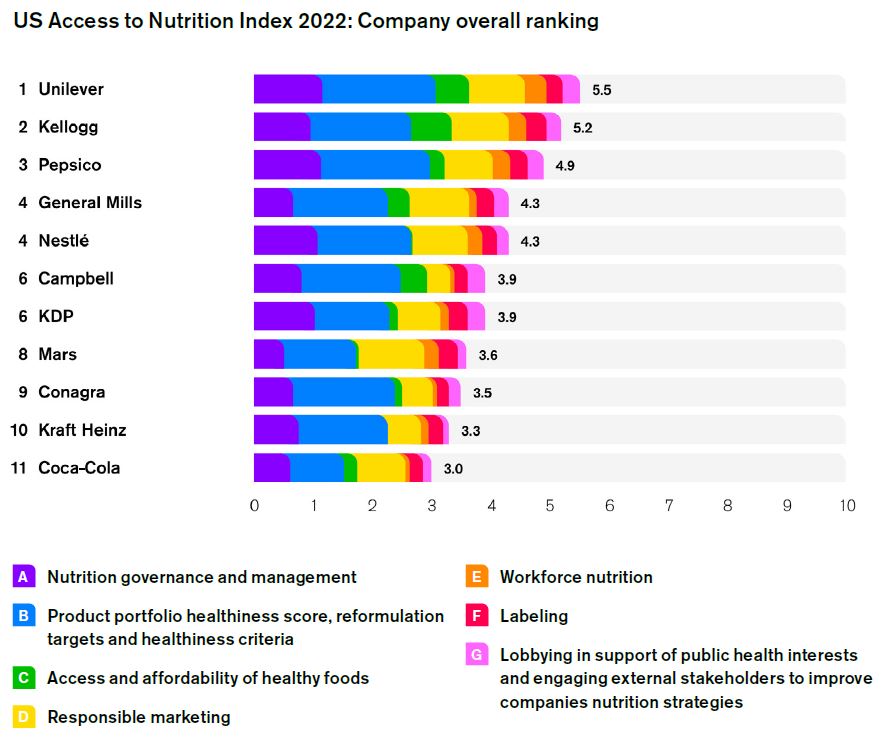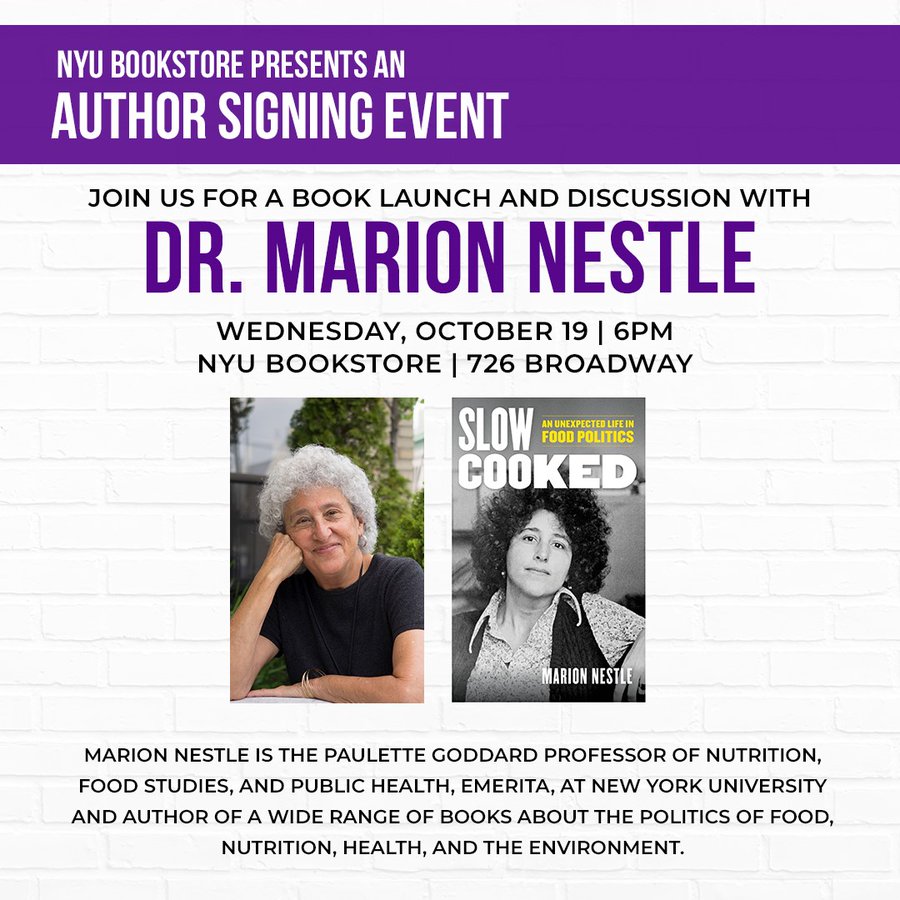I haven’t posted anything about pistachio industry conflicts of interest since 2019 so it’s time for another one.
Here’s a press release sent to me by a reader, Matthew Kadey:
NEW STUDY REVEALS PISTACHIOS ARE AN ANTIOXIDANT POWERHOUSE…Antioxidant-rich foods are regularly encouraged as part of a healthy lifestyle, and research suggests that a diet high in antioxidants may even help to reduce the risk of death.1 While certain fruits and vegetables are often thought of as high-antioxidant foods, a new study conducted by Cornell University and published in the journal, Nutrients, produced surprising results2. Pistachios have a very high antioxidant capacity, among the highest when compared to values reported in research of many foods commonly known for their antioxidant capacity, such as blueberries, pomegranates, cherries, and beets.3,4,5 (I’ve posted the references at the end).
My first question, as always when I see a press release like this: Who paid for it?
The study: uan, Wang, Bisheng Zheng, Tong Li, and Rui Hai Liu. 2022. Quantification of Phytochemicals, Cellular Antioxidant Activities and Antiproliferative Activities of Raw and Roasted American Pistachios (Pistacia vera L). Nutrients 14, no. 15: 3002. https://doi.org/10.3390/nu14153002
Conclusion: It is shown that the roasting of pistachios could produce a series of beneficial phytochemical changes, leading to enhanced biological activity. Pistachios are a nutrient-dense food containing a unique profile of good-quality protein, fats, minerals, vitamins, and antioxidants, such as carotenoids and polyphenols, with cellular antioxidant activity. Dietary Guidelines for Americans 2020–2025 suggested including nuts as a health dietary pattern. Further research on antiproliferative activity and mechanisms of action of free-form extracts of roasted pistachios, and more biological activities related cellular antioxidant activity and oxidative stress, are worthy of further investigation.
Funding: This study was partially supported by Innovative Leading Talents Project of Guangzhou Development Zone and 111 Project: B17018, Cornell China Center, and American Pistachio Growers: 2021-09.
Conflicts of Interest: The authors declare no conflict of interest.
Comment: Roasted pistachios are healthy? No surprise here. Further research needed? Also no surprise. This is another example of an industry-funded study with unimpressive results but plenty of interpretation bias, along with the usual contention that industry funding does not induce conflicts of interest. Alas, it does.
References to the press release paragraph
1 Jayedi A, Rashidy-Pour A, Parohan M, Zargar MS, Shab-Bidar S. Dietary Antioxidants, Circulating Antioxidant Concentrations, Total Antioxidant Capacity, and Risk of All-Cause Mortality: A Systematic Review and Dose-Response Meta-Analysis of Prospective Observational Studies. Adv Nutr. 2018 Nov 1;9(6):701-716. doi: 10.1093/advances/nmy040. PMID: 30239557; PMCID: PMC6247336.
2 Yuan W, Zheng B, Li T, Liu RH. Quantification of Phytochemicals, Cellular Antioxidant Activities and Antiproliferative Activities of Raw and Roasted American Pistachios (Pistacia vera L.). Nutrients. 2022; 14(15):3002. https://doi.org/10.3390/nu14153002
3 Wolfe KL, et al. Cellular Antioxidant Activity (CAA) Assay for Assessing Antioxidants, Foods, and Dietary Supplements. J Agric. Food Chem. 2007, 55, 8896–8907.
4 Song W, et al. Cellular Antioxidant Activity of Common Vegetables. J. Agric. Food Chem. 2010, 58, 6621–6629. DOI:10.1021/jf9035832
5 Wolfe, K., Kang, X., He, X., Dong, M., Zhang, Q., and Liu, R.H. Cellular antioxidant activity of common fruits. J. Agric. Food Chem. 56 (18): 8418-8426, 2008.
***********
For 30% off, go to www.ucpress.edu/9780520384156. Use code 21W2240 at checkout.








